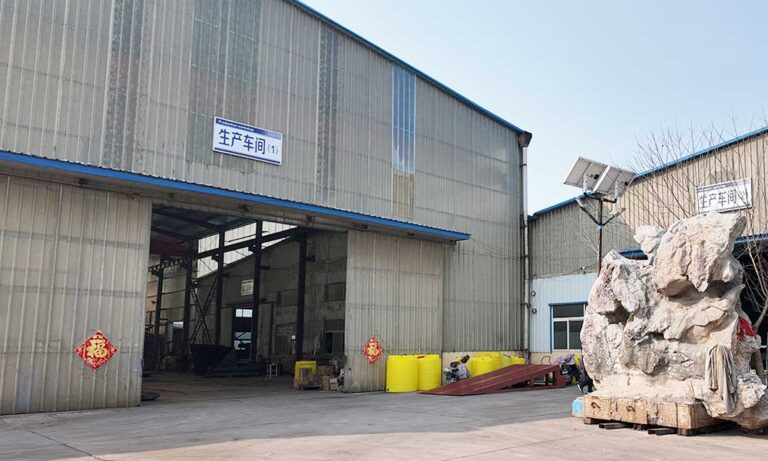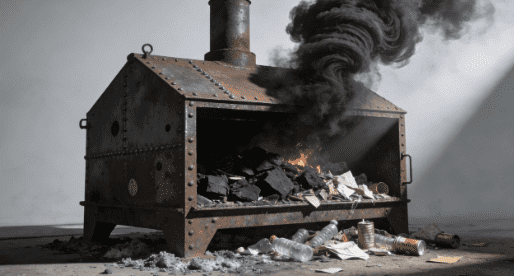Welcome to My Blog! 🌟
I’m so glad you’re here! Before we jump into the exciting content, I’d love for you to connect with me on my social media platforms. It’s where I share extra insights, interact with our amazing community, and post regular updates. Here’s how you can join the conversation:
📘 Facebook: Follow me on Facebook for more updates
Now, let’s dive into the journey ahead. I hope you find everything here both engaging and valuable. Together, let’s explore, learn, and grow! 🚀
Table of Contents
Introduction
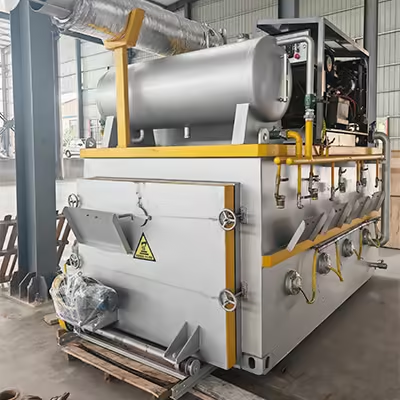
As industrial waste management regulations grow increasingly stringent, many businesses are turning to incineration as a reliable, environmentally responsible solution. However, the process of finding the right industrial incinerator for sale can be riddled with complications and unexpected pitfalls. Whether you’re a facility manager, procurement officer, or business owner, making the wrong purchase can lead to high operational costs, compliance issues, or system breakdowns.
This guide will uncover five critical traps to avoid when evaluating any industrial incinerator for sale. Along the way, we’ll offer expert insights, real-world comparisons, and tips to ensure that your investment delivers long-term value and regulatory peace of mind.
Trap 1: Ignoring Capacity Needs in Industrial Incinerator for Sale
One of the most common mistakes buyers make is purchasing a system without fully assessing their waste output volume. Industrial incinerators come in various sizes and configurations, each designed for a specific waste load capacity. Overestimating your needs can lead to unnecessary expenses, while underestimating them may cause system overload and premature wear.
Factors to Consider:
- Daily and peak waste volume
- Waste type: general, medical, hazardous, etc.
- Future scalability and expansion
Choosing the correct capacity is foundational to ensuring efficient operation and longevity. Conduct a comprehensive waste audit before evaluating any industrial incinerator for sale. Be sure the system you select meets your current volume while allowing for flexibility if your needs grow. When evaluating industrial incinerator for sale units, check if they offer modular add-ons or scalable components.
Trap 2: Overlooking Compliance and Certification Standards
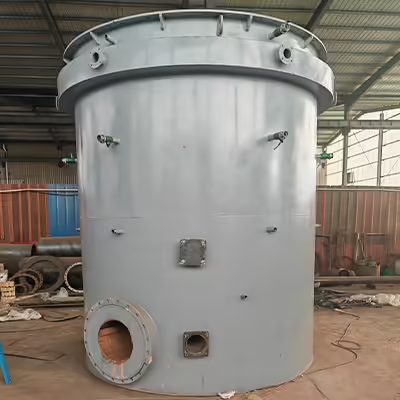
Purchasing an industrial incinerator that doesn’t meet your region’s environmental and safety regulations can result in fines, shutdowns, and even legal action. Buyers must be aware of all necessary certifications required in their country or industry sector.
Essential Certifications:
- CE Marking (Europe)
- EPA Compliance (United States)
- ISO 14001 Environmental Management
- Local emissions and safety certifications
Always verify documentation and request compliance reports when assessing an industrial incinerator for sale. Certified units often include updated filtration, monitoring, and emission-reducing features. Additionally, selecting an industrial incinerator for sale that meets international standards adds credibility to your operations and can ease cross-border logistics.
Trap 3: Falling for “Too-Good-To-Be-True” Pricing
Industrial incinerators are complex, high-performance systems. If a price seems significantly lower than competitors, it likely comes with compromises. These may include:
- Inferior materials
- Limited automation and safety features
- Lack of after-sales support
In some cases, low-priced units marketed as industrial incinerator for sale may cut corners on essential components such as refractory linings or combustion chambers. These compromises can shorten equipment lifespan and increase repair frequency.
Mid-Article Comparison Table: Feature Tiers and Quality Levels
| Feature Tier | Material Quality | Automation Features | Support & Warranty |
|---|---|---|---|
| Basic | Low (basic steel) | Minimal (manual control) | Limited or none |
| Standard | Moderate (alloy mix) | Partial automation | Basic warranty/support |
| Advanced | High (stainless steel) | Full automation + safety | Comprehensive coverage |
Understanding what’s included at each feature level ensures that you get the performance and reliability you’re aiming for.
Trap 4: Ignoring Maintenance and Operating Costs
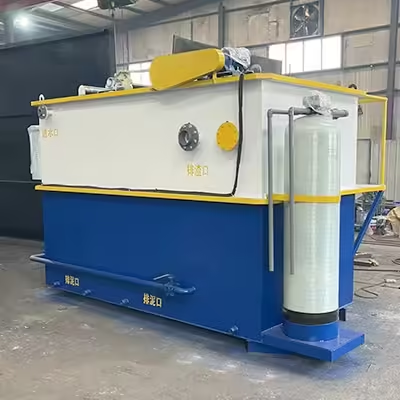
Even if the initial purchase seems attractive, failing to account for ongoing costs can lead to budget overruns. These include:
- Fuel or energy consumption
- Maintenance intervals and parts
- Labor training and operating skills
- Downtime during servicing
Evaluate service manuals, maintenance schedules, and spare parts availability before deciding on any industrial incinerator for sale. Ask about recommended service plans and whether local technicians can support the model. A well-supported industrial incinerator for sale ensures minimal disruption and maximum uptime. If these aspects are not evaluated thoroughly, you may face extended downtimes or struggle to find replacement parts, leading to higher operational risks. Always prioritize long-term operational feasibility when selecting an industrial incinerator for sale.
Trap 5: Choosing the Wrong Type of Incinerator for Your Waste
Not all industrial incinerators are built to handle all types of waste. Using an unsuitable system can result in poor combustion, excessive emissions, and even permanent equipment damage.
Common Types of Industrial Incinerators:
- Rotary Kiln Incinerators: Best for hazardous, medical, and chemical waste
- Fixed Hearth Incinerators: Suitable for solid municipal and general industrial waste
- Fluidized Bed Incinerators: Ideal for high-moisture and bio-organic waste
- Liquid Waste Incinerators: Designed specifically for solvents and industrial liquids
Evaluate the waste profile you generate and cross-reference it with the capabilities of the industrial incinerator for sale. Matching waste type to incinerator design is critical to long-term efficiency and compliance. Consult with industry professionals or engineering consultants to ensure the industrial incinerator for sale aligns with your waste composition, disposal goals, and regulatory environment.
Conclusion
The right industrial incinerator can transform your waste management strategy, reduce environmental impact, and offer operational efficiency. Avoiding the five traps outlined above can save your business from compliance failures and extend equipment life.
Always partner with reputable manufacturers or distributors, request documentation, and compare not just cost but the total lifecycle value. An informed buyer is a successful buyer.
FAQ
What is the average lifespan of an industrial incinerator?
Most well-maintained industrial incinerators last between 10 to 20 years, depending on usage and upkeep.
Can industrial incinerators handle mixed waste?
Some high-end systems can, but most are optimized for specific waste types. Always match the system to your primary waste category.
How can I ensure the incinerator meets emission standards?
Request official compliance documentation like EPA or CE certifications before purchase.
Are mobile industrial incinerators available for sale?
Yes, mobile units exist and are ideal for remote operations or emergency use but may have lower capacity and require special handling.
What support should I expect post-purchase?
Expect installation assistance, training, spare parts availability, and a minimum warranty with reliable sellers.



